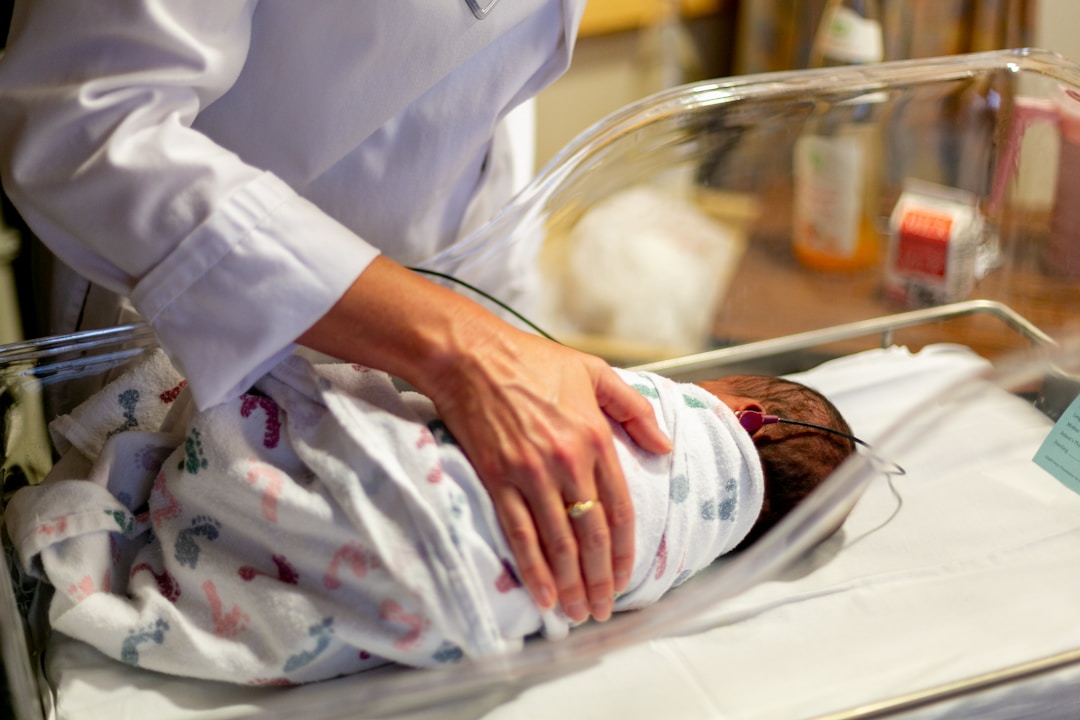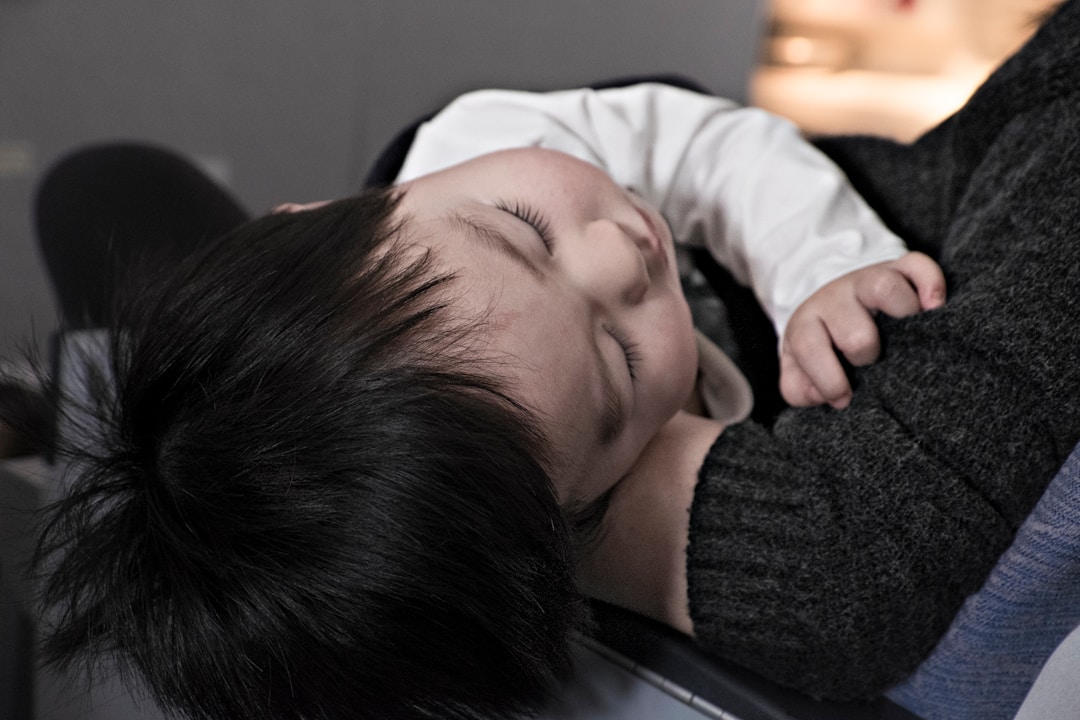As children are growing and developing during their early years, hearing can be an essential contributor to social, emotional, and cognitive development. At early ages, the signs of hearing loss could be subtle and hard to notice. It’s important to pay attention to the signs, however, as any amount of hearing loss in children can affect their speech and language development. In this case, your child could be lagging behind developmentally throughout the early stages of life. This is why it is crucial to seek help from an audiologist or other hearing health professional if you suspect your child has hearing loss.
If you detect a hearing problem, however, the good news is that your child can overcome it. As is the case with many medical conditions, the earlier that childhood hearing loss is caught, the better the outcome will be. Knowing the signs of hearing loss in children and how to deal with your child’s hearing problem is essential. The best way to check is to have your child’s hearing checked early and often. Let’s take a look at some things to look for to help you spot hearing loss in children.
Know the symptoms of hearing loss.

In general, as a standard procedure, all newborn babies are given an initial hearing screening. If your child has passed the newborn screening, once you bring your baby home, you should continue to check for signs of normal hearing. Jumping at a sudden noise, turning attention towards sounds, voice recognition, and constructing some audible sounds and words are a few hearing milestones that your child should reach before turning one.
If your child appears to be slow to reach some of these milestones or not reaching them at all, it might be a sign of some type of hearing loss. A problem might be present in toddlers and young children if there is limited or poor speech, learning difficulties, deficient conversation skills, or annoyance with background sounds. Any of these warning signs should be seen as an indicator of a possible problem and might necessitate a hearing test by a specialist.
As your child ages, emerging hearing issues will be easier to detect. It will be important to listen to older children and take note of any complaints regarding their hearing. As an example, if they complain of ringing or other noises, they might be in need of tinnitus therapy. You will want to be proactive to ensure that your child’s quality of life isn’t impacted by hearing issues. Your pediatrician can answer questions and help you with any issues that you might notice.
Know the causes of hearing loss.

As people age, hearing loss becomes one of the side effects that many people will deal with. In young children, however, hearing issues are common birth defects seen in about three out of every 1,000 babies. Although there are numerous possible causes for hearing loss, often a reason can not be identified. Childhood hearing issues can result from premature birth, genetic factors, chronic ear infections, or childhood illnesses. No matter what the cause, you should work with your child’s doctor to try and prevent permanent hearing loss.
Know the treatments.
If you notice anything that leads you to suspect that your child has hearing problems, the first step is to get their hearing checked as soon as possible. If hearing issues are present, the next step is to work with an audiologist or other hearing specialists on possible treatments. There are several options to help manage the loss of hearing in children. Therapies and surgery can help children with certain types of hearing loss, however, hearing aids are the usual treatment for sensorineural hearing loss. Getting their hearing tested by a hearing professional who specializes in childhood hearing loss can yield all types of hearing solutions that can include life-changing cochlear implants. The goal will be to restore hearing and aid the child’s ability to deal with it.
If you think that your child could have a hearing problem, you should get it checked out right away. A hearing specialist can diagnose any issues and devise a treatment plan. With quick and effective treatment, your child’s hearing loss can be minimized.
Leave a Reply